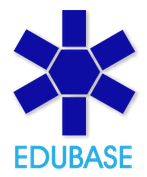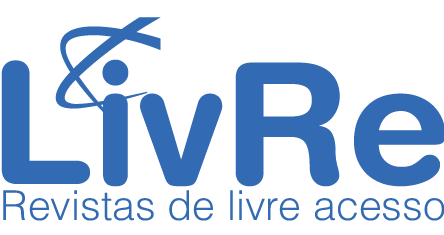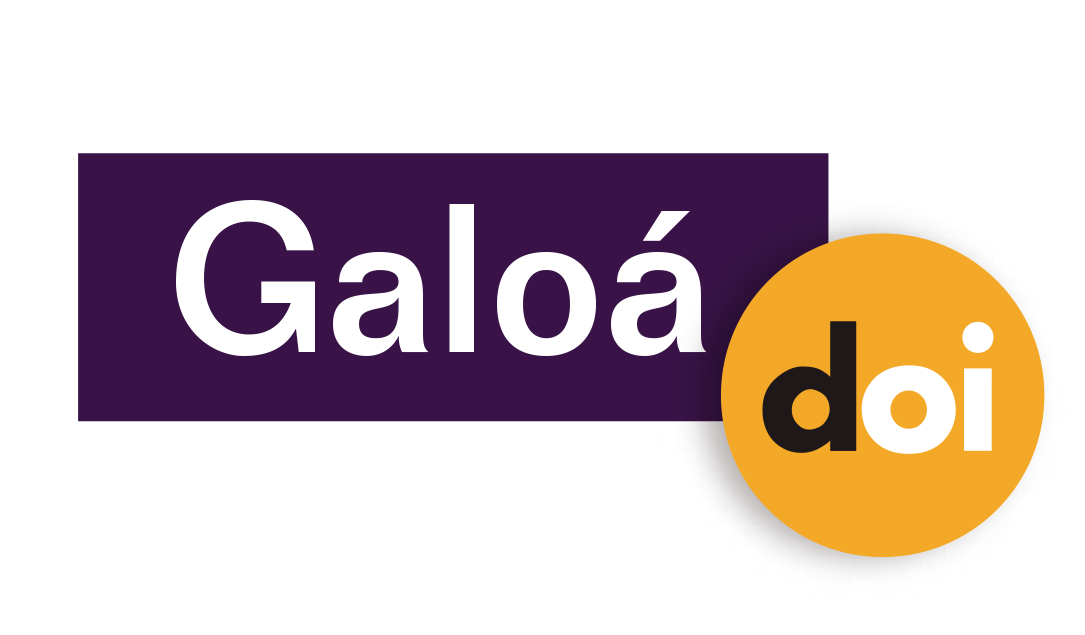School Inequalities and Urban Welfare: Going beyond Socioeconomic Status with Data Science
Resumo
The fast-changing Brazilian urban reality segregates people in socio-spatial terms and distributes urban public resources unfairly, threatening student’s access to the structure of educational opportunities and causing school inequalities. Factors such as the existence of public lighting, open sewage and garbage accumulated around the homes, as well as electricity and water supply, sanitation, and the number of residents per bathroom, are discussed as predictors of school achievements as measured using their average IDEB (Basic Education Development Index) outcomes using Data Science methods. It was found that resident/bathroom density and the household wall material in a municipality have a higher correlation with its average school achievements than the average students’ socioeconomic status, relations that are clearly illustrated through bivariate choropleth maps across all the 5,388 Brazilian municipalities with available valid data. These results are compatible with research that reveals the presence of a “neighbourhood effect,” such that the distributional inequalities in infrastructure access and ultimately the notion of urban welfare reduces educational opportunities and engenders social inequalities, what is incompatible with the ideal of a sustainable society.
Palavras-chave
schooling inequalities; social inequalities; sustainability; urban inequalities; urban welfare; socio-spatial segregation
Texto completo:
PDF (English)DOI: https://doi.org/10.17648/acta.scientiae.5494
Apontamentos
- Não há apontamentos.
Direitos autorais 2019 Renato P. dos Santos

Esta obra está licenciada sob uma licença Creative Commons Atribuição 4.0 Internacional.
ANÚNCIOS
Informamos que, a partir de outubro de 2025, devido ao grande número de artigos na fila de submissão, está suspenso o aceite de submissões. Rebriremos em fevereiro de 2026.
Mais, informamos que sites fraudulentos, https://periodicos-ulbrabr.org e https://periodicos-ulbrabra.org, estiveram se passando pela Acta Scientiae, utilizando nosso nome e identidade visual e até solicitado taxas de APC, que nós não cobramos. Aconselhamos cautela para evitar serem enganados por sites semelhantes.
Conceito A2 na Capes(2021)
Índice h5 do Google Scholar: 13
Índice mediana h5 do Google Scholar:24
eISSN: 2178-7727
Indexações:
A Acta Scientiae é indexada em: | Scopus |  | Latindex |  | Edubase (SBU/UNICAMP) |
 | Sumarios.org |  | Google Scholar |  | Portal LivRe (CNEM) |
 | Journals for Free |  | REDIB |  | Galoá DOI |

Todos os trabalhos publicados aqui estão sob uma licença Creative Commons - Atribuição 4.0 Internacional.
